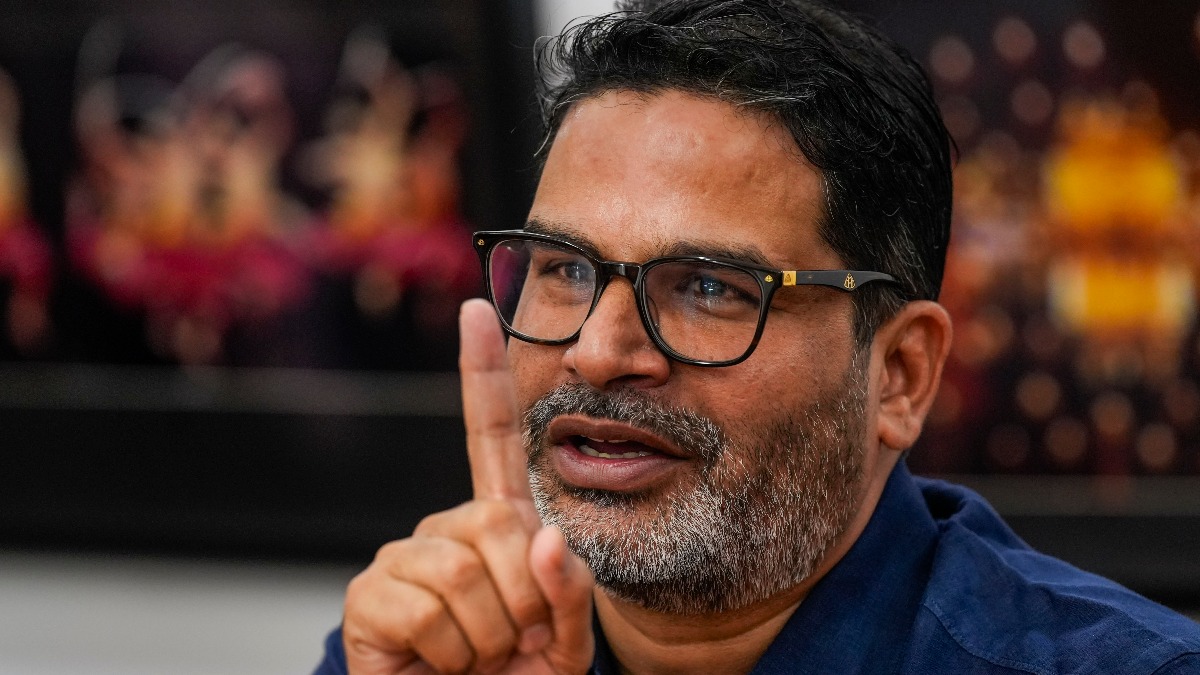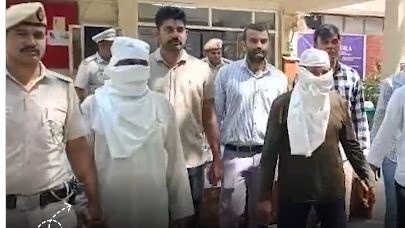Political analyst Prashant Kishor has suggested that the upcoming Modi 3.0 tenure might signal the inclusion of petroleum products within the realm of GST, leading to a potential curtailment of financial autonomy for the states. In an interview with India Today, Kishor predicted substantive structural and operational changes in the government's anti-corruption narrative.
"I believe the Modi 3.0 government will commence with a dramatic impact. The central government will likely consolidate even more power and resources, and there might be efforts to trim the financial independence of the states," said Kishor, the campaign strategist who managed the BJP and PM Modi's electoral campaign in 2014. He noted that there is no significant resentment against the Prime Minister, and he expects the BJP to secure nearly 303 seats.
Kishor pointed out that the states currently rely on three main sources of revenue: petroleum, alcohol, and land. "I wouldn't be surprised if petroleum products are brought under GST," he stated. Currently, petrol, diesel, ATF, and natural gas are not under GST and are subject to VAT, Central Sales Tax, and Central Excise Duty.
Incorporating petroleum products under GST has been a longstanding demand of the industry. States have resisted this move, fearing substantial revenue losses. For example, if petrol were brought under GST, states could suffer tax revenue shortfalls and become more dependent on the central government. Currently, the highest GST tax slab stands at 28%, while fuel is taxed at rates exceeding 100%.
Stricter rules could be imposed on states regarding budget management
Kishor also forecasted that the central government might delay the distribution of resources to states and tighten the Fiscal Responsibility and Budget Management (FRBM) rules. Established in 2003, the FRBM Act sets a limit on the annual budget deficit for states. He predicted, "The Center might delay the transfer of resources and impose stricter borrowing constraints on states outside their budgets."
Addressing geopolitical issues, Kishor envisaged India's increasing assertiveness in dealing with international affairs. "Globally, you can expect India's assertiveness during diplomatic negotiations with other countries to rise," he mentioned, noting that aggressive Indian diplomacy is currently a topic of discussion among diplomats.
How will the BJP secure 300 seats?
In his discussion with Aaj Tak, Kishor provided insights on the BJP's expected performance in their third term, estimating around 300 seats for the party. He inquired, "Where did the BJP get 303 seats in the 2019 elections? Out of these, 250 seats came from the northern and western regions."
"With about 50 seats in the Lok Sabha from the east and south, the BJP is believed to be increasing its seat share there. We can expect an increase of 15-20 seats, while there doesn't seem to be any significant loss in the north and west," Kishor added.




